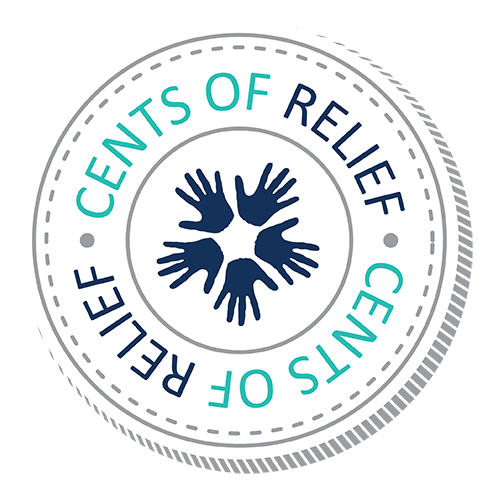A Brief History
Cents of Relief founders, Rina and Anup Patel, met during their time as undergraduates at the University of Florida. They were inspired to bring awareness to human trafficking and the public health concerns it engendered in some of India’s red-light districts after one of Anup’s yearly visits to his family’s hometown of Mumbai, India. Growing up in the US, Anup had spent many summers traveling to India to visit his family, but also to volunteer with his grandfather, a former mayor of the city and a Freedom Fighter alongside Mahatma Gandhi during India’s struggle for independence.
Anup knew he wanted to pursue a career in medicine and public health, but his college summer spent in Mumbai had a huge impact on him: seeing the women in these areas forced into prostitution and later ravaged by HIV/AIDS, leaving behind orphans who lacked access to basic medical and general education lit a spark in Anup, one that he spent hours recounting in daily emails he and Rina sent back and forth during their time apart.
Upon returning to school, Rina and Anup felt very strongly that they needed to help. They reached out to friends and students, holding bake sales and raising anything they could to send back to the center where Anup had worked. Anup stressed that very little money could do a huge amount of good, wanting to send back funds to support the orphans’ educational needs, as well as buy them something they had mentioned wanting: a basketball hoop. The idea that small amounts of money could make huge impacts inspired them to start a penny-per-click website. Today, Rina recalls how primitive this website would appear now, covered in advertisements which generated just a few cents per click. But this website is where they were really able to get the ball rolling, and it is the place where the organization got its name: Cents of Relief.
For over a decade now, Rina and Anup have maintained their commitment to spreading awareness and providing support to communities affected by this 32 billion dollar-a-year illegal industry. (They have also maintained their commitment to each other, marrying in 2011.) The organization has evolved from a collegiate campus endeavor to an online mentoring and tutoring program, and now, to an inclusive, three-tier program that seeks to provide medical treatment, education, and job opportunities for victims and survivors.

